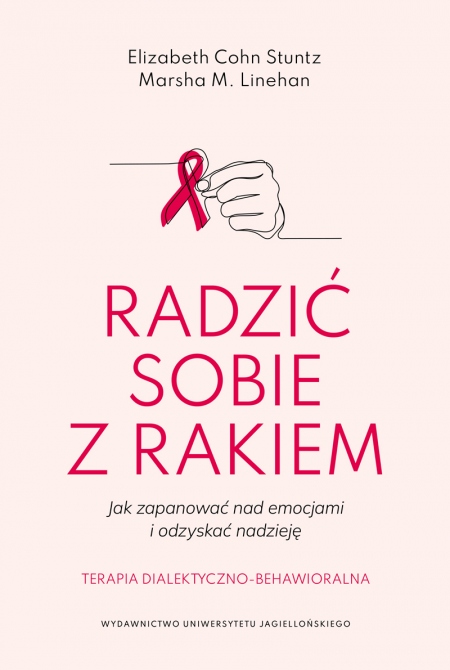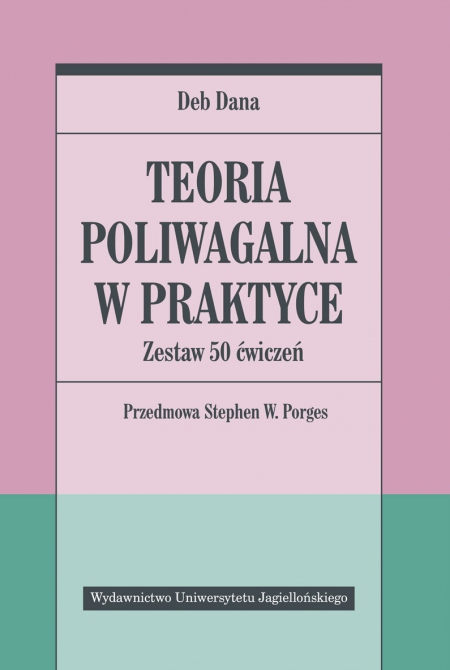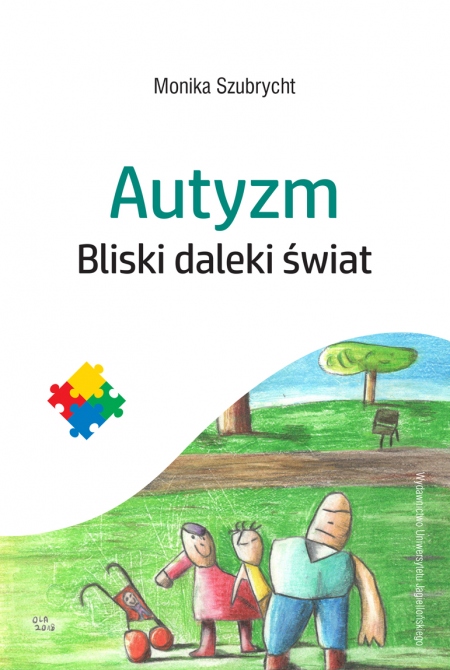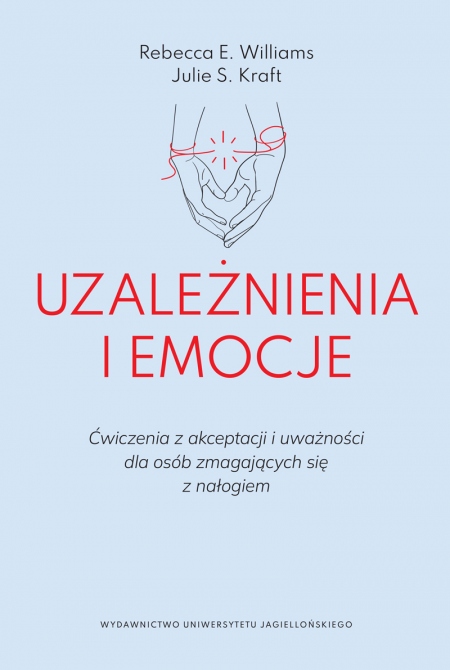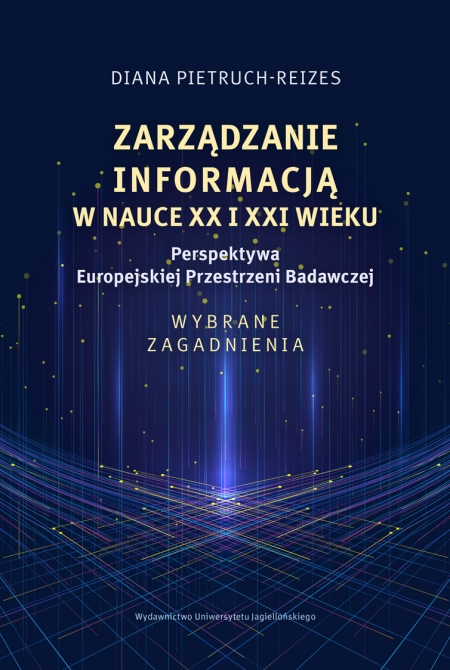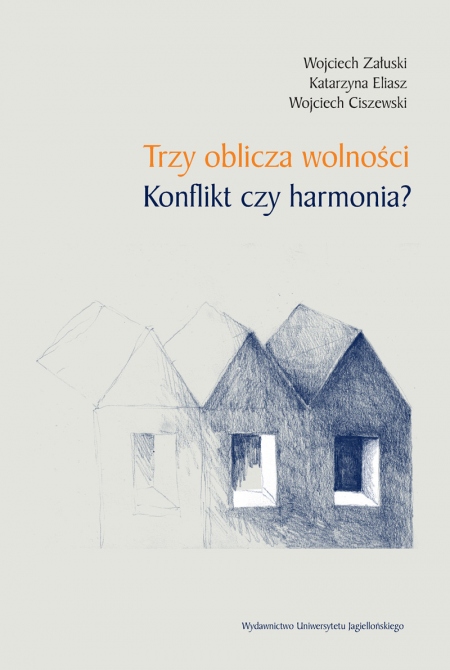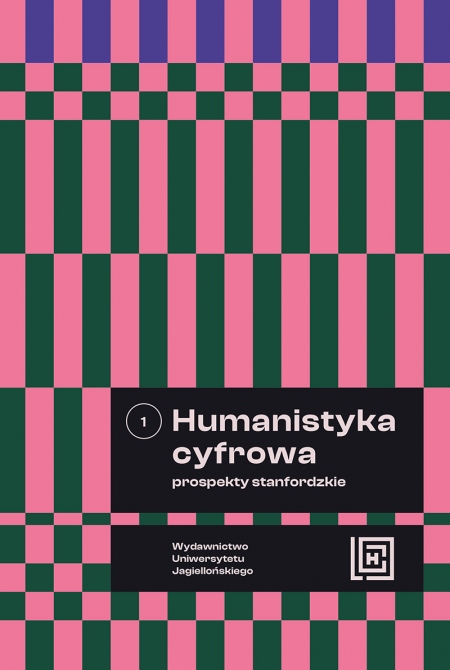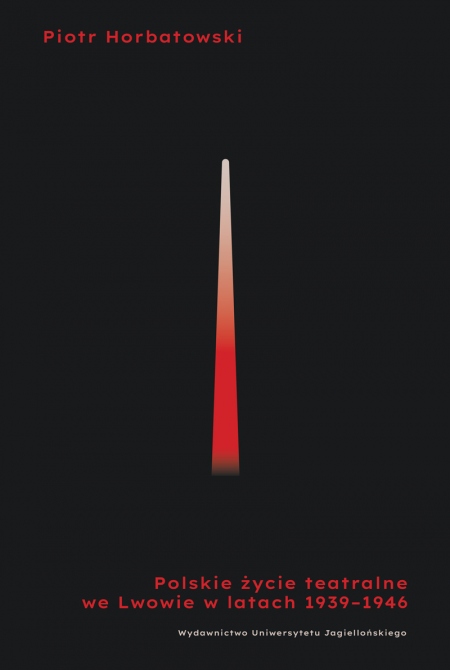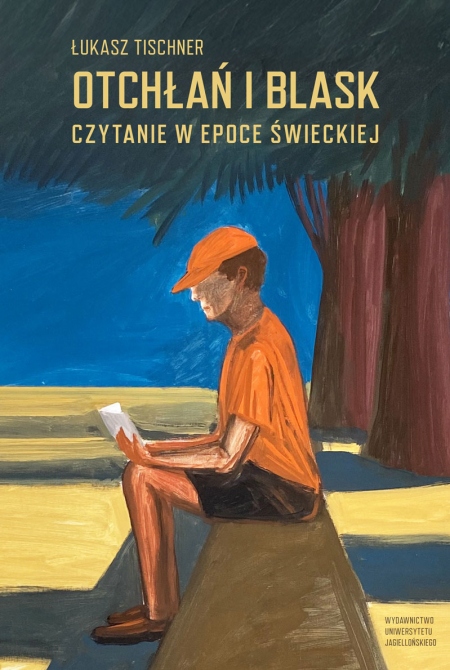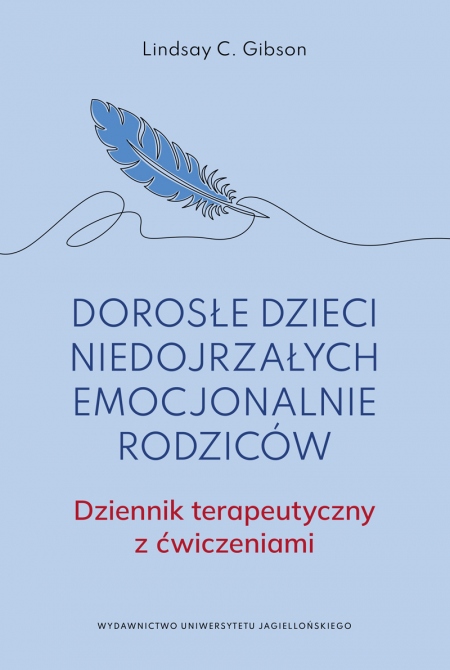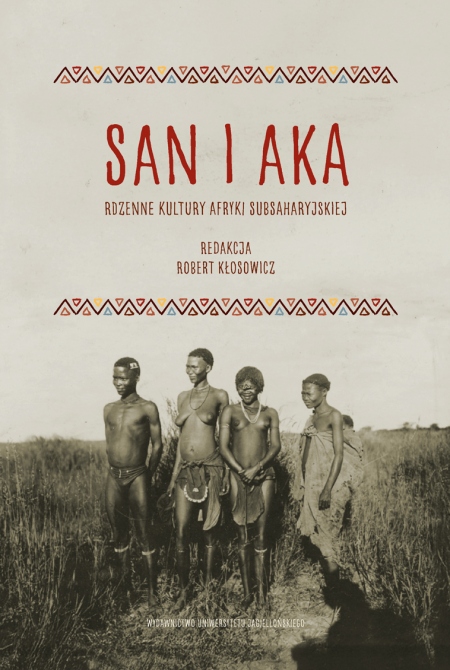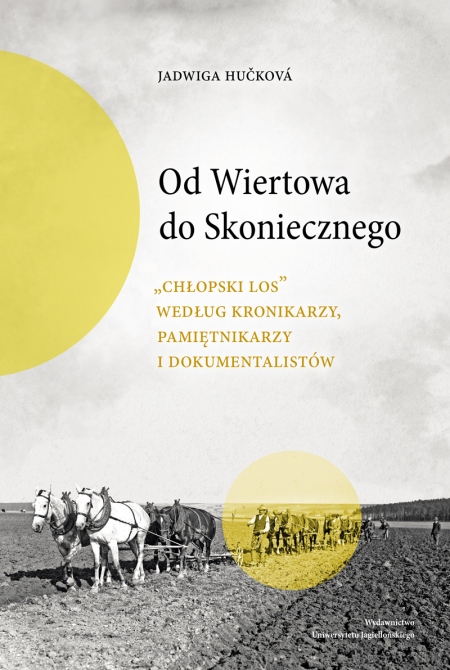
Od Wiertowa do Skoniecznego
„Chłopski los” według kronikarzy, pamiętnikarzy i dokumentalistów
Pages: 504
Book format: 15,8x23,5 cm
Publication date: 2023
Release date: 14.12.2023
Book description
The book refers to the image of peasants in the 20th century, created primarily by the directors of the documentary film. The title indicates both the selected time and territory range. Dziga Vertov (1896-1954), known primarily as the creator of Man with a Camera (1929), a film expressing enthusiasm for the rhythm of city life, devoted much attention in his chronicles and documentary films to peasants and broadly understood agrarian issues. He consolidated the relationship: peasants-traditionalism/patriarchy-religion/ignorance. Already in the 1920s, he built the ground for justifying collectivization, which in the next decade brought a bloody harvest. In the fall of 1929, forced collectivization began, and a year later Vertov completed his Symphony of Donbass, unequivocally praising collective farms. The director makes it clear that both the industrial Donbass and the agricultural Donbass are moving "With a song to the battle".
The Soviet experience became a deterrent point of reference for interwar Poland. The fear of "Bolshevization" hindered the debate on social reform. Their supporter was the writer Maria Dąbrowska. The author of Nights and Days contributed significantly to the publication of Peasants' Memoirs (1935-1936). She had ideas for filming them, which happened without her participation and in different political conditions after World War II. Peasants' Memoirs (1952) by Andrzej Munk, the future director of Eroica and Passenger, must be read in the context of collectivization in the Polish version. Munk, using selected biographies for propaganda purposes, complied with the requirements of the authorities.
In the atmosphere of the political thaw after 1956, as reported by Polska Kronika Filmowa, the greatest changes took place in the countryside. The threat of collective farms disappeared. However, the authorities did not abandon the policy of "socializing" farmers. The actions of the authorities became more camouflaged, forcing farmers to give up their own farms. This phenomenon has become a topic for leading Polish documentary filmmakers.
Only the lack of food reminds us of the existence of the peasant class, as films from the early 1980s convince. After the farmers' strikes at the turn of 1980/81, peasants as a community became collective heroes for a short time. The crowning achievement of this tendency were films Peasants 81 by Andrzej Piekutowski and A Peasant Fate. Film Triptych (1988) by Zygmunt Skonieczny.
A Peasant Fate, the winner of the most important festival for Polish documentary filmmakers (Kraków, May/June 1989), symbolically closes the era of documentary cinema in the People's Republic of Poland.
The book analyzes the problem of the viability of the idea of community built from the bottom up and the topicality of the "myth of Kronstadt" present in the discussions of Polish documentary filmmakers.
The Soviet experience became a deterrent point of reference for interwar Poland. The fear of "Bolshevization" hindered the debate on social reform. Their supporter was the writer Maria Dąbrowska. The author of Nights and Days contributed significantly to the publication of Peasants' Memoirs (1935-1936). She had ideas for filming them, which happened without her participation and in different political conditions after World War II. Peasants' Memoirs (1952) by Andrzej Munk, the future director of Eroica and Passenger, must be read in the context of collectivization in the Polish version. Munk, using selected biographies for propaganda purposes, complied with the requirements of the authorities.
In the atmosphere of the political thaw after 1956, as reported by Polska Kronika Filmowa, the greatest changes took place in the countryside. The threat of collective farms disappeared. However, the authorities did not abandon the policy of "socializing" farmers. The actions of the authorities became more camouflaged, forcing farmers to give up their own farms. This phenomenon has become a topic for leading Polish documentary filmmakers.
Only the lack of food reminds us of the existence of the peasant class, as films from the early 1980s convince. After the farmers' strikes at the turn of 1980/81, peasants as a community became collective heroes for a short time. The crowning achievement of this tendency were films Peasants 81 by Andrzej Piekutowski and A Peasant Fate. Film Triptych (1988) by Zygmunt Skonieczny.
A Peasant Fate, the winner of the most important festival for Polish documentary filmmakers (Kraków, May/June 1989), symbolically closes the era of documentary cinema in the People's Republic of Poland.
The book analyzes the problem of the viability of the idea of community built from the bottom up and the topicality of the "myth of Kronstadt" present in the discussions of Polish documentary filmmakers.
Language
Polish
Title in English
From Vertov to Skonieczny. “Peasant Fate” According to Chroniclers, Memoirists and Documentary Filmmakers
Edition
first
Authors
Jadwiga Hučková

Cover design
Marta Jaszczuk
ISBN: 978-83-233-5387-4
e-ISBN (pdf): 978-83-233-7499-2
Country of producer: Poland
RECOMMENDED BOOKS
NEW BOOKS

Od Wiertowa do Skoniecznego
„Chłopski los” według kronikarzy, pamiętnikarzy i dokumentalistów
Od Wiertowa do Skoniecznego
„Chłopski los” według kronikarzy, pamiętnikarzy i dokumentalistów
Choose chapters to buy:
Order value:
0.00 zł
